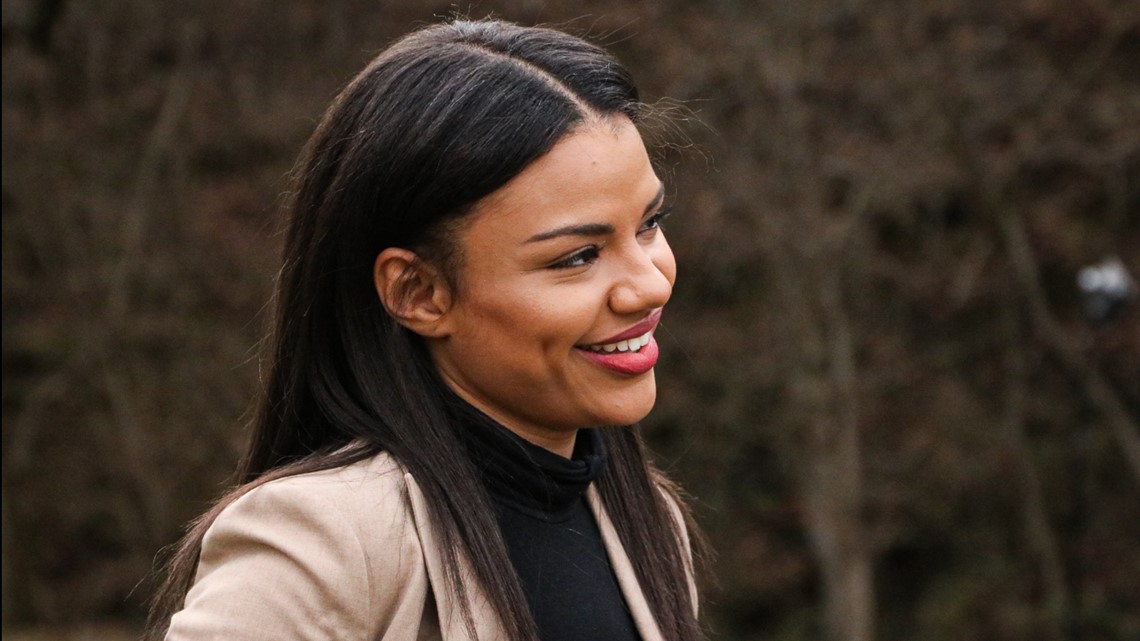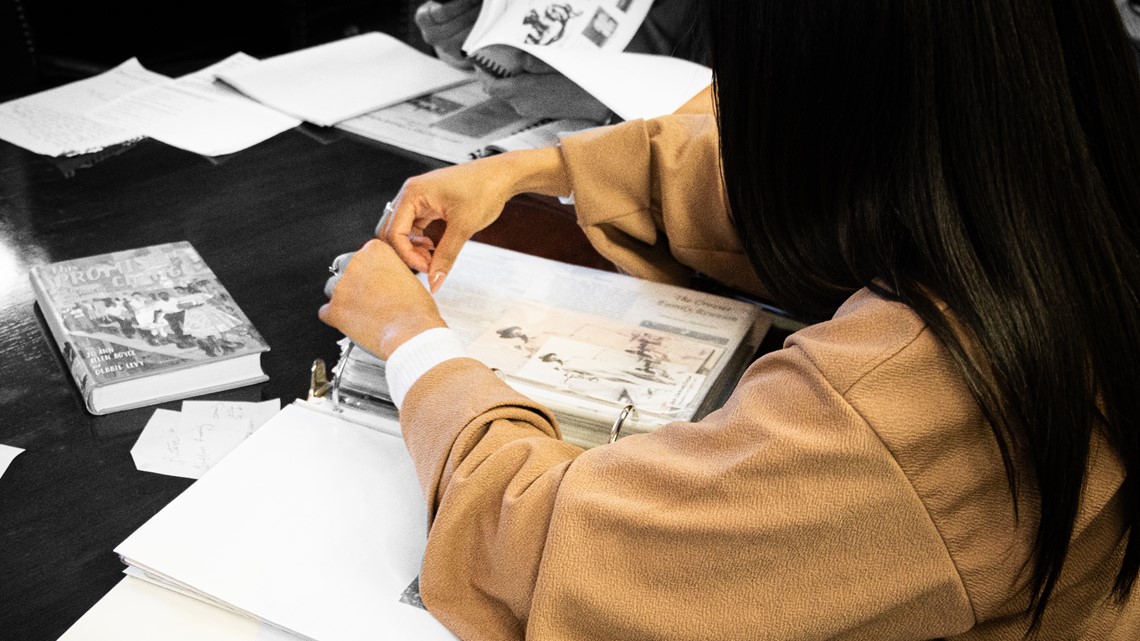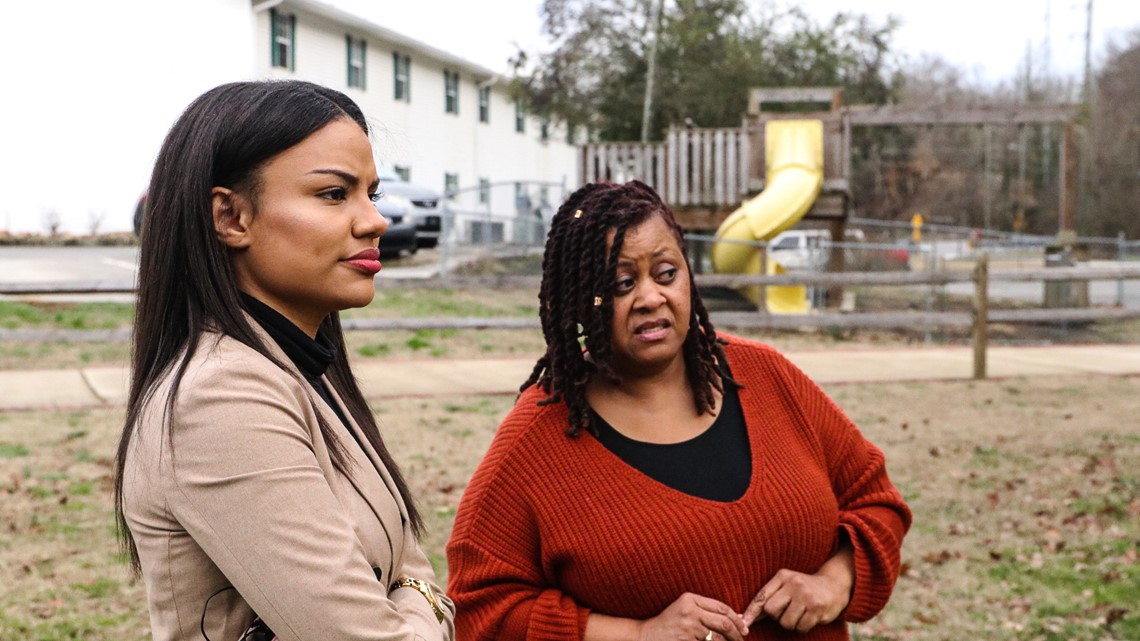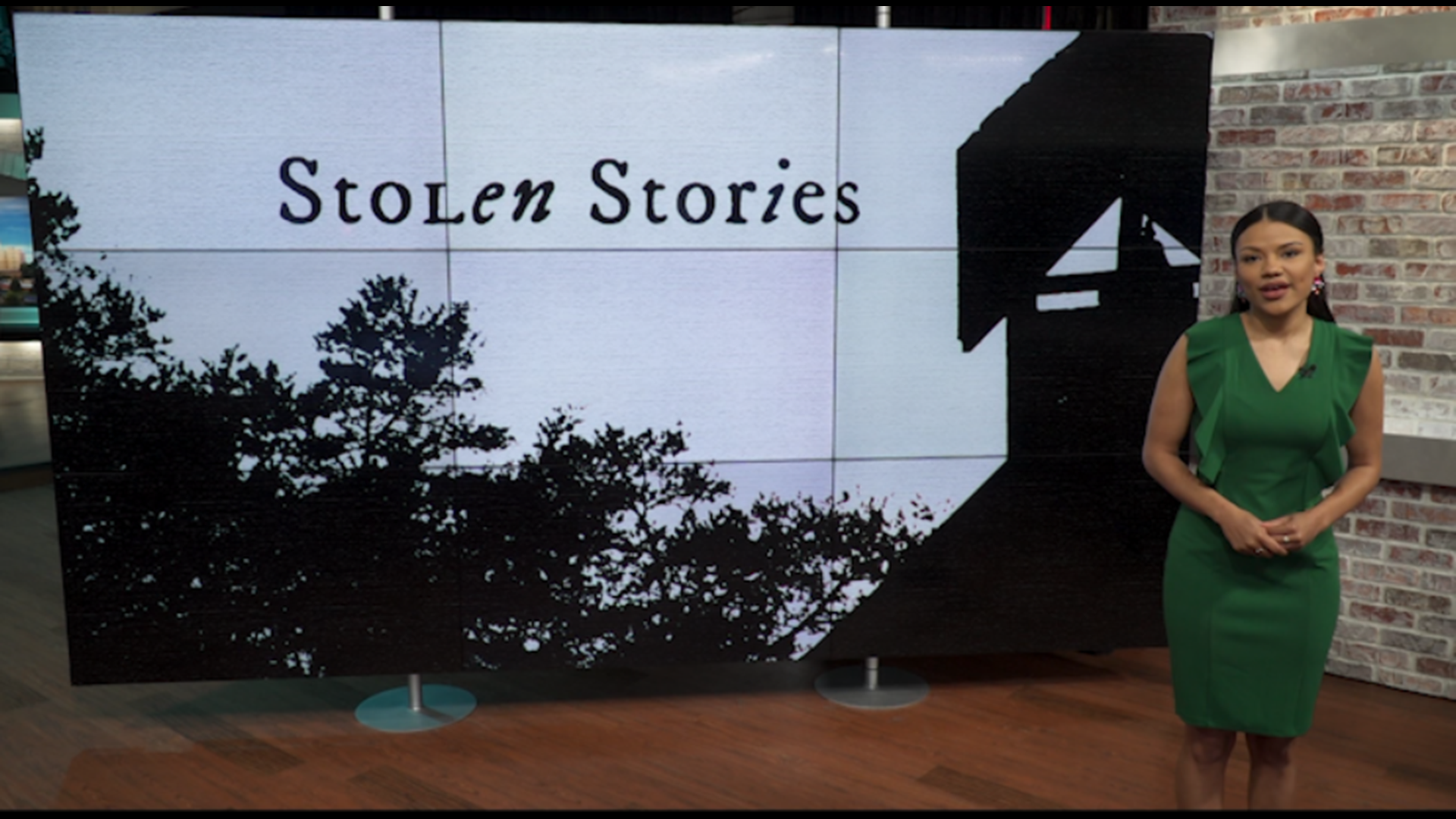KNOXVILLE, Tenn. —
The Daniel and the Dockery families have spent generations trying to fill in the blanks to a story stolen over several centuries of American history.
For the last few years my job has been to tell someone else’s story, their triumphs and tribulations.
But for the first time I told a story about someone else working to tell their own - to reclaim their own and to navigate a world that didn’t make it easy to do so.
It is a story I can identify with in many ways.


My mother is the kind of person who takes a lot of pride in who she is and the people she comes from. Like many curious about their heritage she has tried to use websites to trace our family and sometimes it has worked. There are moments when she will find a new relative here or there but it is always someone living, someone who people remember or someone we probably already knew about.
At a certain point the trail goes cold and we cannot go back any further. Nestled somewhere within that fact is a sense of heartbreak and a radiating pain of loss.
A void.
Watching Michele Daniel, Julia Daniel, Ron Brabson and Shedenna Dockery light up with pride about tracing their lineage is the kind of experience you have no choice but to be pulled into and intrigued by.
The Daniel family has a whole suitcase filled with the pages of their history.
The Dockery’s have folders and binders brimming with census records, pictures and reminders of where they come from.


When they tell stories about how the institution of slavery affected their families, they aren’t shy about how it brings pain.
However, they do go on to explain that the people they are descendants of were survivors who went on to break barriers and change lives.
It's something Michele said they can pull their shoulders back and be proud of.
When she pulls pages out of binders and flips through different pictures, she beams with dignity. Eight generations of her family fill those pages. The Dockerys can say and do much of the same. Spanning back to the 1700’s they know where they come from and they are dedicated to making sure every member of their family gets to feel that too.
PART THREE: Some 100 years after it ended, East Tennessee still wants to forget people suffered under slavery here
When you step foot in front of New Salem Baptist Church or the cemetery where Adeline’s descendants are buried, it is like going back in time.
Engraved next to Isaac Dockery’s handmade church and on the headstones of the Croziers, Hoppers and so on, there is that pride Michele was talking about.
Although my family, along with many others, haven’t been able to trace our lineage in the way they have, by seeing them win I feel like I have won too.
If you ask them how they’ve managed to do it, they would tell you oral history played a pivotal role. Out of the many things I have learned from doing this story, one thing that will stick with me is the importance of not only sharing one's story but the power of the ability to do so in the first place.


►Make it easy to keep up-to-date: Download the WBIR 10News app now and sign up for our Take 10 Lunchtime Newsletter.
Have a news tip? Email 10Listens@wbir.com, or visit our Facebook page or Twitter feed.

